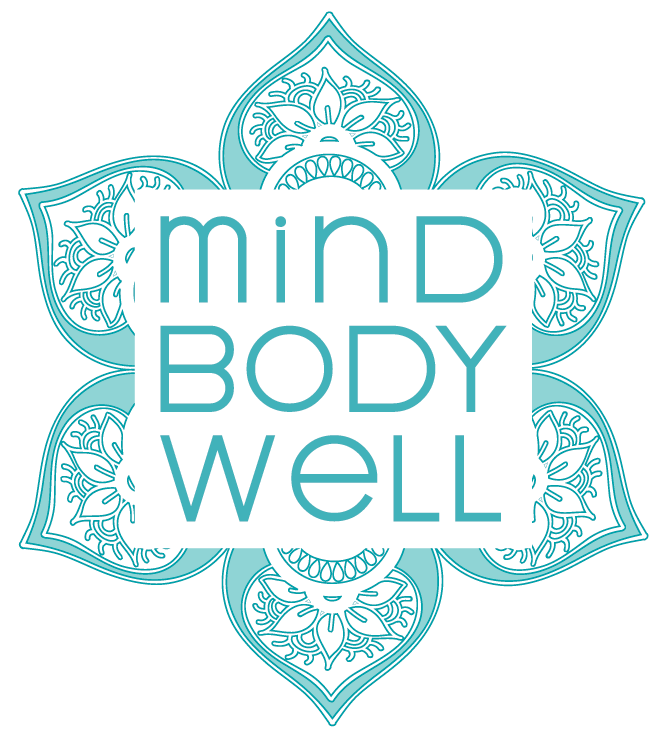Body Image Concern
Understanding Body Image Concerns
What Is Body Image?
How Body Image Concerns Develop
Social and cultural influences – Unrealistic beauty standards in media and social media can create pressure to conform to a certain appearance
Peer and family influence – Comments from friends, family, or peers about weight, shape, or appearance can reinforce negative self-perceptions
Personality traits – Perfectionism, low self-esteem, and high sensitivity to appearance-related feedback can contribute to body image dissatisfaction
Dieting and weight control behaviours – Repeated dieting and body checking can reinforce preoccupation with appearance and weight
When Body Image Concerns Become a Risk Factor
Body image concerns exist on a spectrum, but when they become persistent and distressing, they can lead to unhelpful behaviours such as excessive dieting, compulsive exercise, or avoidance of social situations. Over time, these behaviours can contribute to the onset of an eating disorder.
A strong link exists between negative body image and conditions such as anorexia nervosa, bulimia nervosa, and binge eating disorder. While body dissatisfaction alone does not cause an eating disorder, it is considered a key risk factor.
Signs to Look Out For
If body image concerns begin to interfere with daily life, it may be a sign of deeper struggles. Some indicators include:
- Preoccupation with weight, shape, or appearance
- Frequent body checking or avoidance of mirrors
- Extreme distress related to perceived flaws
- Rigid food rules or compulsive exercise
- Anxiety around social situations due to appearance concerns
How to Improve Body Image
- Challenging unrealistic standards – Recognising that media portrayals are often altered or unrealistic can reduce pressure to conform
- Focusing on body functionality – Shifting focus from appearance to what the body can do (such as strength, endurance, or creativity) can foster appreciation
- Reducing body checking – Limiting time spent analysing appearance in mirrors or weighing oneself can help break negative thought patterns
- Practising self-kindness – Speaking to oneself with the same kindness and respect offered to a friend can help reframe self-perception
- Seeking professional support – If body image concerns are causing distress or affecting daily life, support from a Psychologist or Dietitian can help build a healthier relationship with body and food
Support at Mind Body Well
If body image concerns are impacting your well-being, professional support can make a difference. At Mind Body Well, our experienced team of Psychologists and Dietitians can provide guidance and strategies to help you develop a more balanced and supportive view of your body. Reach out to us to learn more
MEDICARE AND PRIVATE HEALTH CLAIMS FOR PSYCHOLOGICAL THERAPY
A referral and Mental Health Care Plan completed by your Doctor, or
Private Heath Insurance which includes Psychological Counselling as part of your extras cover.
Please note – we do not Bulk Bill. All sessions will incur an out of pocket fee, and full payment is to be made on the day of your session. If you are eligible for a Medicare or Private Health Insurance rebate, you will be provided with a claimable receipt which you can then use to make your claim (we don’t process the claims in-house).
Body Image Concern at Mind Body Well Melbourne
At Mind Body Well we provide a supportive and safe environment for people to . Our team of experienced psychologists and dietitians can work collaboratively to help you make change and achieve your goals. We offer support for people experiencing a range of issues including body image concerns, anorexia nervosa, bulimia nervosa, and binge eating disorder.
Telehealth Therapy
Want more details about Psychological Counselling at Mind Body Well? Click the button below to see our Information Form.
Contact the Psychologists and Dietitians at our Melbourne Clinic
Or complete our NEW CLIENTS intake form

